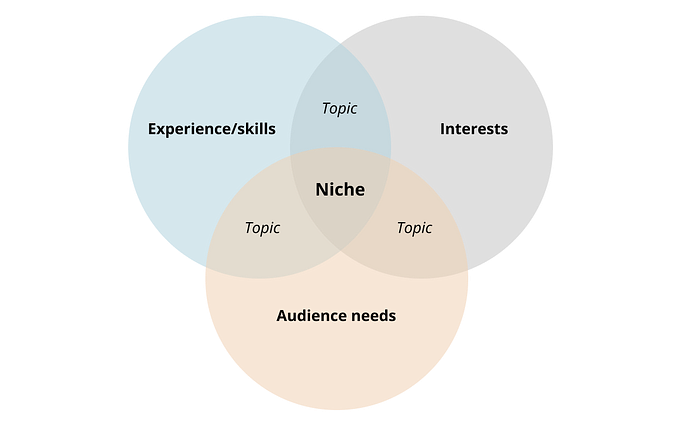7 reasons why UX designers should moderate a design panel
It’s more than just asking a list of questions.
When I was first asked to moderate a panel at General Assembly, I felt a surge of excitement which was then washed away by a wave of self doubt. Spotlights. Stuttering. Blanking out. Forgetting my questions. What if I do a bad job? What if people think I’m stupid? I felt so outside of my comfort zone, which is how I knew I had to say ‘yes’.
It went ok, but I knew I could do better.
The second time I moderated, I found an amazing article on LinkedIn To bore or not to bore: How theatre can save your conference panel by Kara DeFrias where she says to approach a panel talk like putting on a show at the theatre. Be the designer, producer, writer, and director. She shared her briefing doc, which I stole (like an artist) to rewrite my mine.
It went much better.
So why should other UX designers moderate a design panel? Because it will make you a better designer.

1) You do research
Just like any good design, start with good research. Who is in the audience? Ask the event coordinator the type of people that are expected to show up. At General Assembly, it’s often new designers or non-designers looking for a career change. Who are the speakers? You don’t need to dig deeper than their LinkedIn profile. Figure out where they work and what they do. Connect with them and ask what are some additional topics they’d like to cover.
2) You design the conversation
Writing out an outline and script helped me tremendously. This is similar to writing an interview or usability test guide. Plan out the topics you want to cover, and write out questions for each topic. Take what you’ve learned about your speakers, and see if you can ask them specific questions. You may want to ask a founder of a startup something different than a senior designer at a large company. You want to promote discussion and have other speakers weigh in, but it’s much easier if you start by pointing the question to a specific person.
3) You listen and engage
The stage is yours. It is your script. It is your show. And both the audience and the speakers look to you to direct a conversation that is insightful and engaging. It is actually a big responsibility, especially if people pay money to attend. This means you have to pay attention to what the speakers are saying. Be on your toes and be ready to follow up on interesting topics. If a speaker or audience question takes the conversation in a different direction, you’ll need to be ready to bring it back.
4) You get comfortable with the spotlight
Being a moderator means you’ll be on stage. For me, this is never easy, but it does get easier. When you talk, all eyes will be on you. If you have stage fright, this is one way to face your fears. As a UX designer, a big part of your job is to present your work to others. Whether it is in front of 2 people or 200 people, feeling comfortable in the spotlight is an essential skill. This will allow you to be better at work leading workshops and design critiques, stakeholder interviews, presenting to clients, and presenting basically anything.
5) You iterate on your experience
The first time I moderated a panel, I clutched my notes with my dear life and made my palms extra sweaty. I looked at it every other minute, because I didn’t want to forget the questions. The second time around, I felt much more relaxed and confident, because I was prepared. Since I put in the work to write the script, it was just a matter of execution. Learn from your experiences. What were your pain points? When you design the conversation, address them so they don’t happen. Iterate. I’m sure my next talk will go even smoother than the last.
6) You build your personal brand
By putting yourself out in the community and talking to people, you build equity in your personal brand. Eventually you’ll go to enough events and others will start to recognize you. When you’re on stage, you make sure that even more people know your face. Having an established personal brand could lead to your next job, open doors to new opportunities, and you can be a connector for others. Be intentional with the events you go to and moderate. Figure out what you stand for as a designer, and what you want to be known for.
“Your brand is what other people say about you when you’re not in the room” — Jeff Bezos
7) You meet amazing people
One of the things I regret not doing earlier on in my career was to go out and meet other designers. Now I’m making up for lost time by reading Medium articles, listening to design podcasts every day, and going to design events as often as possible. UX designers in Boston are very generous with their time, and it makes me want to be generous with mine. This past year, I realized I love talking to other designers. Go to enough events, and the dreaded act of “networking” just becomes having regular conversations. It’s easy. It’s rewarding. Plus, don’t they always say to be a good UX designer, you need to want to talk to people?
So what now? Go find the event coordinators for local design events. Ask them if they need moderators. I bet they’ll say ‘yes’.
If you’re moderating in Boston, message me on LinkedIn and let me know!









